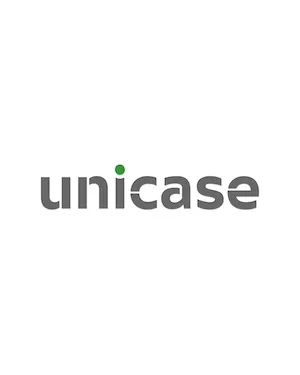- within Energy and Natural Resources topic(s)
- with readers working within the Retail & Leisure industries
- within Energy and Natural Resources, Tax and Finance and Banking topic(s)
The development of energy sector in Kyrgyzstan, including renewable energy is currently in its infancy. The country is not making the most of its endowments and its energy potential in the form of hydro resources or renewable energy. Currently, the practical use of RES in Kyrgyzstan is about 1%.
According to available information, renewable energy potential in Kyrgyzstan includes:
- hydro facilities - 5-8 billion kWh/year;
- wind facilities - 44.6 million kWh/year;
- solar facilities - 490 million kWh/year;
- biomass - 1.3 billion tons of equivalent fuel.
In order to stimulate the share of renewable energy, Kyrgyzstan became a signatory of United Nations Framework Convention on Climate Change (UNFCCC) from 2000. In 2003, Kyrgyzstan joined the Kyoto Protocol of the UNFCCC and in 2019 ratified the Paris Agreement on climate change. Recently, Kyrgyzstan also introduced the updated Nationally Determined Contribution ("NDC") to Reducing Greenhouse Gas Emissions. The NDC sets out targets reflecting the estimated amount of greenhouse gas emissions regarded as a contribution to meeting the goals of the Paris Agreement on climate change in 2025 and 2030.
Read more in the attachment.
The content of this article is intended to provide a general guide to the subject matter. Specialist advice should be sought about your specific circumstances.


